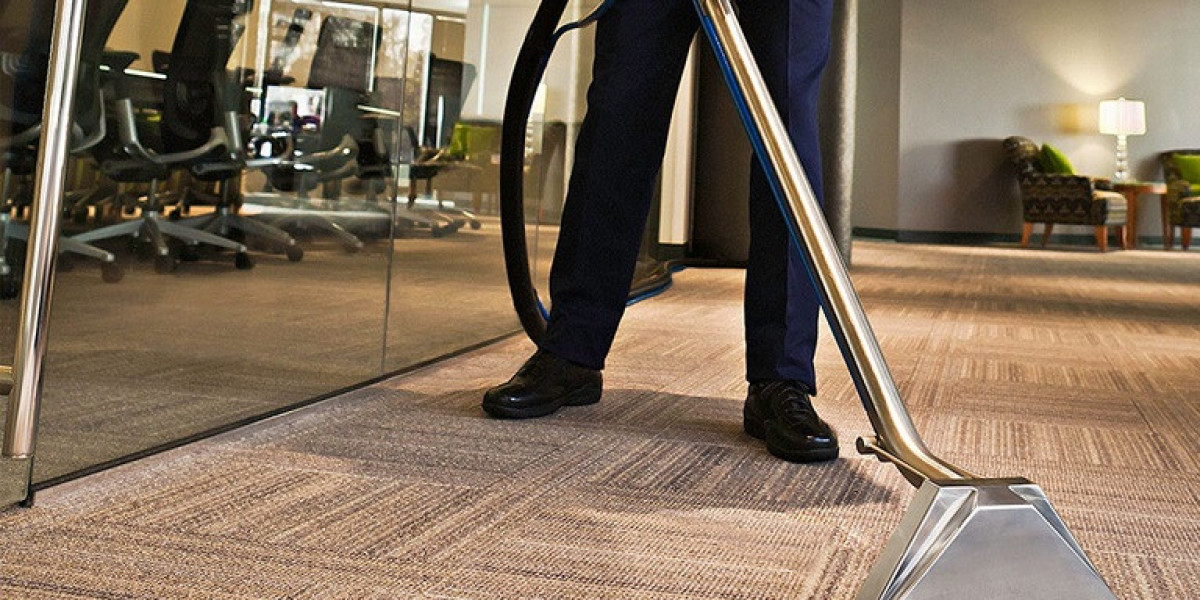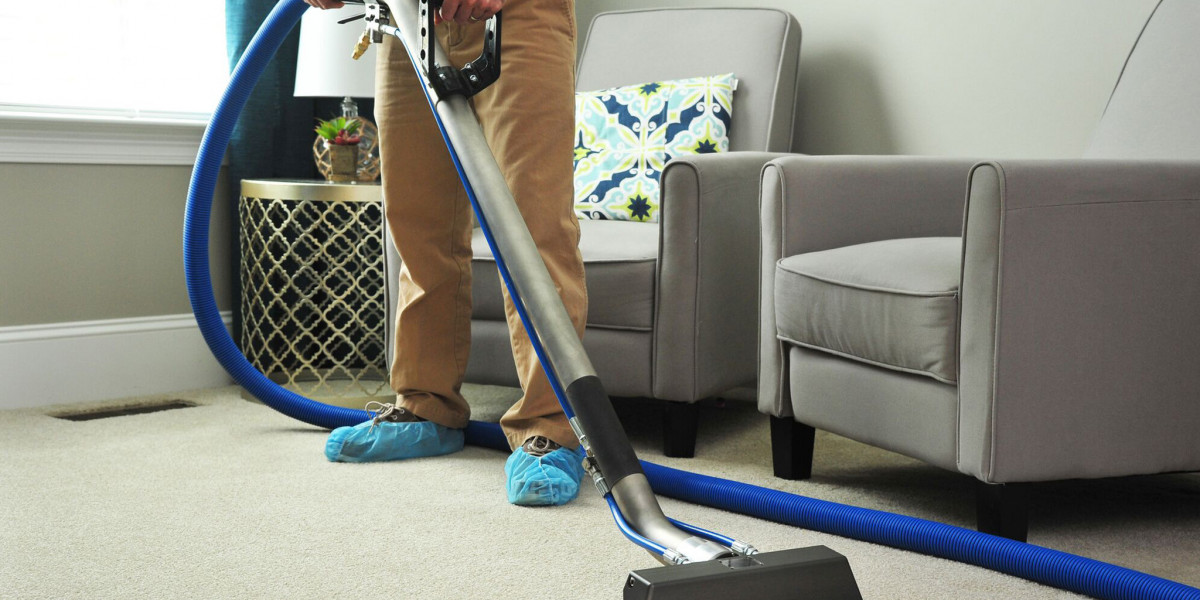When you lose one or more teeth, choosing the right replacement option can feel overwhelming. The three most common treatments available are dental implants, bridges, and dentures each with its own advantages, disadvantages, and costs. Some solutions are more affordable in the short term, while others provide long-term value and durability. But how do you decide which is best for you?This blog will explore the costs, benefits, and limitations of each option, helping you make an informed decision. Whether you’re considering a dental implant in Stockport, a bridge, or dentures, understanding the price differences and outcomes is crucial for choosing the treatment that suits both your needs and budget.
Understanding Your Options
Before diving into costs, it’s important to understand what each treatment involves:
- Dental Implants: These consist of a titanium post surgically placed in the jawbone, which acts like a natural tooth root. Once healed, a crown is attached, restoring both function and appearance.
- Dental Bridges: A bridge fills the space left by missing teeth by attaching a prosthetic tooth to the natural teeth on either side.
- Dentures: Removable appliances that can replace several missing teeth (partial dentures) or a full arch (complete dentures).
Each of these options can restore your smile, but the differences in comfort, durability, and cost can be significant.
Cost Comparison: Dental Implants, Bridges, and Dentures
The price of tooth replacement varies depending on the type of treatment. Below is a general comparison of the costs in the UK:
Treatment Option | Estimated Cost (per tooth/arch) | Durability | Aesthetic Appeal | Maintenance |
Dental Implants | £2,000 – £2,800 per implant | 15–25 years or longer | Excellent – most natural | Routine brushing, flossing, check-ups |
Dental Bridges | £700 – £1,500 per tooth | 7–15 years | Good, but affects natural teeth | Daily cleaning, flossing with special tools |
Dentures | £500 – £1,500 (partial/full set) | 5–10 years | Moderate, less natural | Remove for cleaning, relining/replacement |
This comparison shows that while implants carry a higher upfront cost, their long lifespan and natural feel often make them the most cost-effective choice over time.
Factors That Influence the Cost
The cost of treatment can vary based on several factors. For example, patients looking for a dental implant Stockport may find costs slightly different compared to clinics in London or Manchester. The main factors include:
- Number of teeth replaced: Replacing a single tooth is less expensive than restoring an entire arch.
- Materials used: Options like porcelain or zirconia crowns increase cost but enhance aesthetics.
- Additional procedures: Bone grafts, tooth extractions, or gum treatments may be required before implants.
- Dentist’s expertise and location: Treatment costs often vary depending on the clinic and region.
The Benefits of Dental Implants
Implants are considered the gold standard in tooth replacement for good reason. They provide a permanent, natural-looking solution and help maintain jawbone health.
- They function like natural teeth, restoring chewing ability.
- They last much longer than bridges or dentures, making them a strong long-term investment.
- They prevent bone loss, which can occur when teeth are missing for a long time.
- They do not rely on neighbouring teeth for support, unlike bridges.
While implants cost more initially, their durability often makes them more affordable in the long run.
The Advantages of Bridges
Bridges can be a quicker and less invasive option compared to implants. They are often recommended when patients have healthy teeth on either side of the gap.
They are usually cheaper than implants and can be fitted in just a few appointments. However, bridges require the reshaping of neighbouring teeth to anchor the prosthetic, which may compromise otherwise healthy teeth. Over time, bridges may need replacement, adding to the overall cost.
Why Patients Still Choose Dentures
Dentures remain a popular choice, especially for patients replacing multiple missing teeth. They are the most budget-friendly option, and advancements in design mean modern dentures are more comfortable and natural-looking than ever before.
However, dentures can slip or move while eating or speaking, leading to discomfort. They also need to be removed for cleaning and often require adjustments as the jawbone changes over time. For patients who want an affordable solution, dentures are often the first choice, but they may not offer the same stability as implants.
Situations Where Each Option Works Best
- Dental Implants: Ideal for long-term results, natural function, and those with sufficient jawbone density.
- Bridges: Suitable for patients missing one or two teeth who want a fixed solution without surgery.
- Dentures: Best for patients with several missing teeth or those seeking the lowest-cost option.
Long-Term Value: Cost vs. Durability
When comparing the three options, it’s important to weigh upfront costs against long-term value. Implants may appear more expensive initially, but they rarely need replacing, making them more cost-effective over the decades. Bridges, while cheaper, may require replacement after 10–15 years. Dentures typically need relining or replacement every 5–10 years, leading to repeated expenses.
Patients seeking a permanent solution often see implants as a worthwhile investment. Those prioritising affordability may lean towards bridges or dentures, but must factor in the ongoing costs of maintenance and replacement.
Hidden Costs to Keep in Mind
- Dental Implants: Bone grafting, extractions, or follow-up surgery can add to the price.
- Bridges: Future replacements or repairs increase long-term expenses.
- Dentures: Relining and adjustments are common, especially as the jaw changes shape.
The Role of an Emergency Dentist in Stockport
Dental treatment doesn’t end once your replacement is fitted. Emergencies can occur unexpectedly such as a broken bridge, a cracked denture, or complications with an implant. Access to an emergency dentist in Stockport ensures you can receive prompt care when these issues arise.
For patients investing in implants, knowing that expert emergency support is available adds reassurance. Similarly, denture or bridge wearers can rely on quick solutions for sudden breakages or discomfort. An emergency dentist provides peace of mind, protecting both your dental health and financial investment.
Key Takeaways on Cost Comparison
- Implants: Higher initial cost, but the best long-term durability and aesthetics.
- Bridges: More affordable upfront, but may compromise healthy teeth and need replacement.
- Dentures: Most budget-friendly, but less stable and require frequent adjustments.
Making the Right Choice
The decision between implants, bridges, and dentures depends on several factors your budget, your oral health, and your long-term expectations. If you want the closest match to natural teeth, implants are typically the best option. Bridges strike a balance between cost and functionality, while dentures provide an affordable entry point for restoring multiple teeth.
For many patients, seeking advice from a professional clinic ensures they fully understand the benefits and limitations of each treatment. Discussing your case with an expert can help determine whether an investment in a dental implant in Stockport will provide the best outcome or if a bridge or denture might be a more practical choice.
Conclusion
Tooth replacement is not only about restoring your smile but also about ensuring comfort, function, and long-term oral health. Dental implants, bridges, and dentures all have their place in modern dentistry, but the right choice depends on your personal needs. While implants may cost more initially, they provide unmatched durability and a natural look. Bridges offer a fixed, less invasive alternative, while dentures remain the most cost-effective solution. At EDS, we are committed to guiding patients towards solutions that meet both their dental and financial needs.













